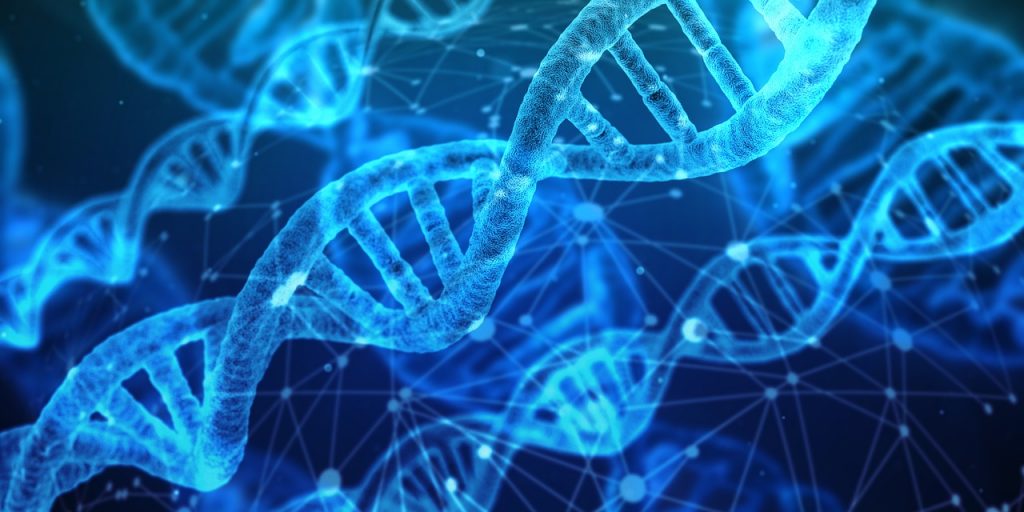The Epigenetics of Cannabis Use
At a Glance
This research will determine if and how cannabis exposure leads to epigenetic alterations in sperm. We will also study how these alterations may be passed on to offspring. To the best of our knowledge, the mechanism for epigenetic inheritance through sperm has not been studied.

The Project
- Sperm samples generated in Component 1 and Component 2 will be sent to our epigenetic lab for analysis for two types of epigenetic changes: DNA methylation and histone acetylation.
- We will employ two epigenetic analysis techniques: whole genome bisulfite sequencing (WGBS) to look for DNA methylation, and chromatin immune-precipitation sequencing (ChIP-Seq) to look for histone acetylation.
- Specific gene locations will be examined in paternal sperm and newborn saliva samples using quantitative bisulfite pyrosequencing.
- We will also analyze saliva samples from the Duke-based Newborn Epigenetics Study (NEST) cohort. For NEST specimens with epigenetic patterns associated with cannabis use, we will retroactively test for THC content in the corresponding maternal blood samples taken during the first trimester of pregnancy.
Our Hypotheses
- Cannabis exposure in males results in changes in the DNA methylation and histone acetylation profile of sperm.
- At least some of these epigenetic changes are heritable and can be detected in future generations.
- Abstinence from cannabis use for the duration of the sperm generation cycle will “wash out” these epigenetic alterations.
